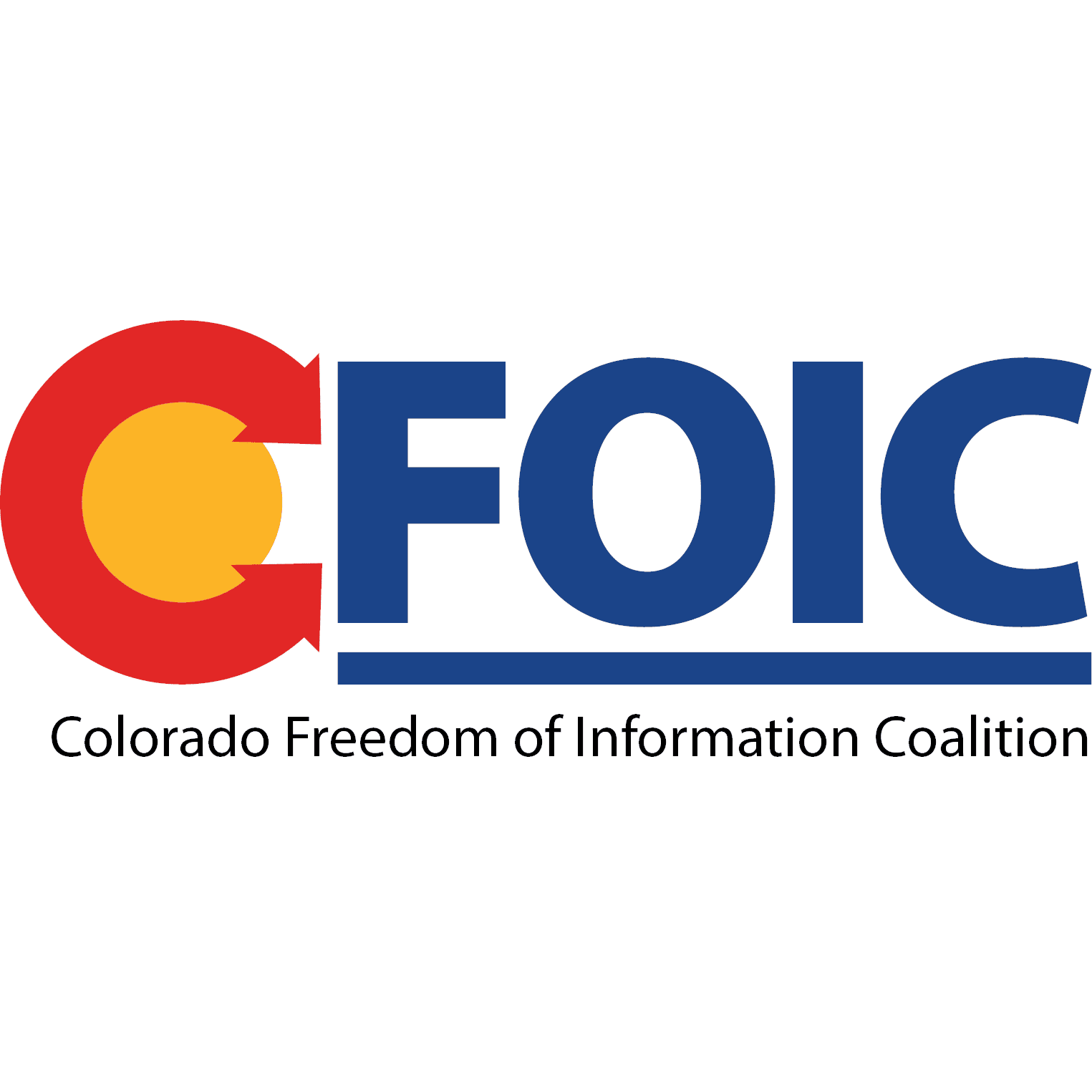A Court of Appeals opinion keeping Colorado’s database of law enforcement officers confidential “creates a gaping hole” in the Colorado Open Records Act and broadens the scope of the criminal justice records law “beyond recognition,” two news organizations contend in a certiorari petition submitted to the Colorado Supreme Court.
If allowed to stand, the appellate court’s ruling “will jeopardize the public’s long-standing ability to access the records of numerous state agencies that necessarily obtain criminal records for professional licensing purposes — agencies that do not resemble those that would be included in any commonsense definition of ‘criminal justice agency,’” says the brief, filed June 8 for The Gazette, Gazette reporter Chris Osher and the Chicago-based Invisible Institute by attorney Rachael Johnson of the Reporters Committee for Freedom of the Press.
“In doing so, the Opinion undermines the very purpose of Colorado’s public records laws: to foster transparency and ensure public access to information about government activities and use of public funds.”
A three-judge panel of Colorado’s second-highest court determined in April that the Peace Officer Standards and Training (POST) board — housed in the state attorney general’s office — is a criminal justice agency subject to the Colorado Criminal Justice Records Act, rather than CORA. That legal distinction matters because CCJRA gives law enforcement agencies broad discretion to deny requests for many records after conducting a balancing-of-interests test.

